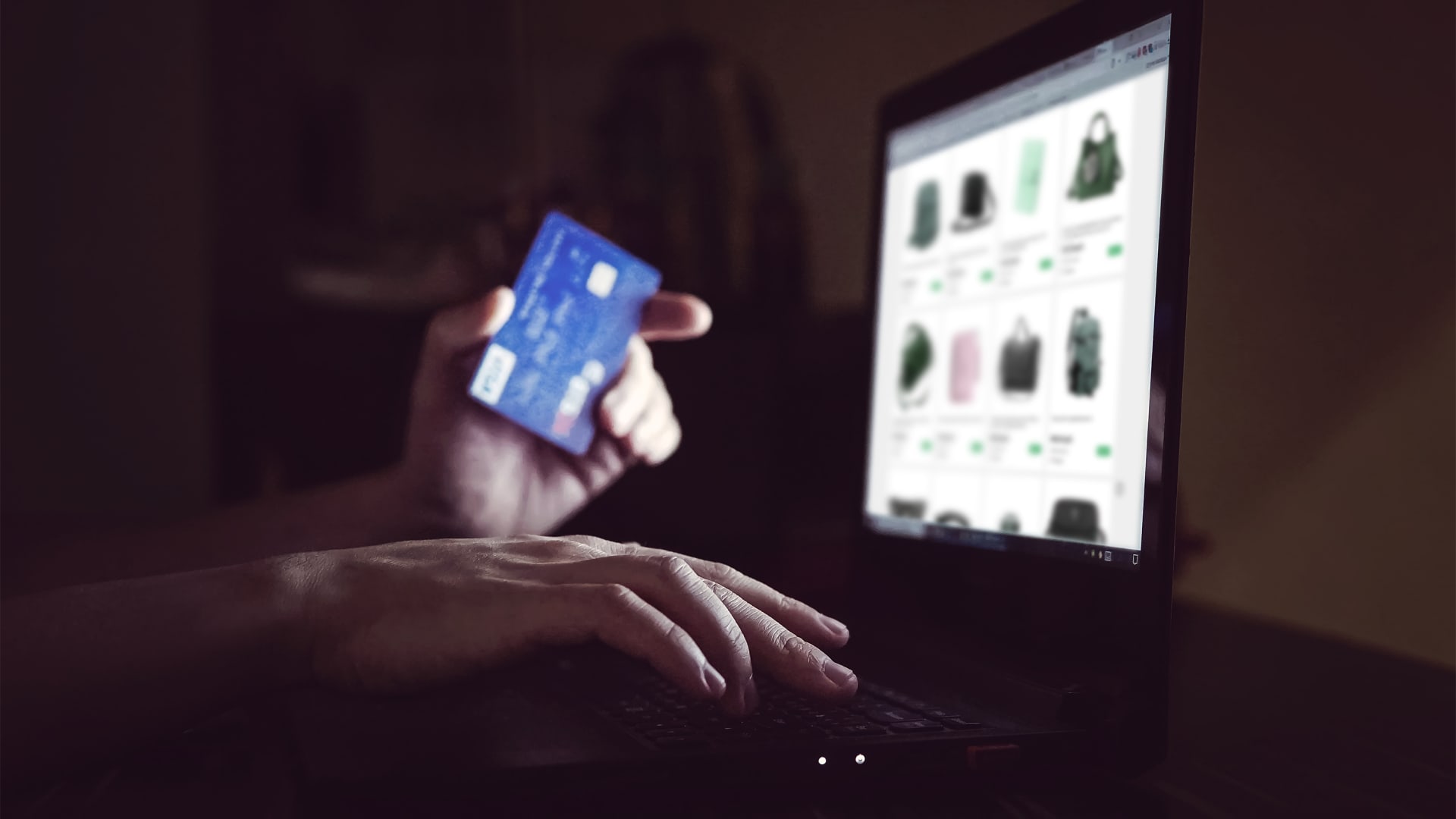A young man holds a credit card and uses a laptop for online shopping.
Diy13 | Istock | Getty Images
Americans shopping online after midnight often make riskier transactions and are more likely to default on their loans, according to Affirm Chief Financial Officer Michael Linford.
The fintech firm uses the hour a consumer attempts a transaction as a key data point to help determine whether to approve loans, Linford told CNBC in a recent interview. Other factors include a user’s repayment history with Affirm and transaction data from credit bureau Experian.
“Local time of day is a signal that we use in underwriting, and most times of day have the same credit risk,” Linford said. Between midnight and 4 a.m., however, something changes, he said.
“Human beings don’t make the best decisions at two o’clock in the morning,” Linford said. “It’s clear as day — credit delinquencies spike right around 2 a.m.”
While the data is clear that late-night financial decisions are riskier, the reasons for it are less so. Shoppers could be inebriated or under financial or emotional duress and desperately seeking credit, Linford said.
Affirm, run by PayPal co-founder Max Levchin, is among a new breed of fintech lenders competing with credit cards issued by banks. The buy now, pay later industry offers installment loans that typically range from no-interest short-term transactions to rates as high as 36% for longer-term credit.
Real-time approvals
Firms including Affirm, Klarna and Sezzle have embedded their services in the online checkout pages of retailers.
A key to their business model is the ability to approve or reject customers in real time and at the transaction level, using data to help judge the odds of being repaid.
“We don’t need to know if you’re going to be employed in two years,” Linford said. “We need to know whether you’re going to be able to pay back the $700 purchase you’re making right now. That is very different from credit cards, where they give you a line and say,…
Read the full article here

Leave a Reply